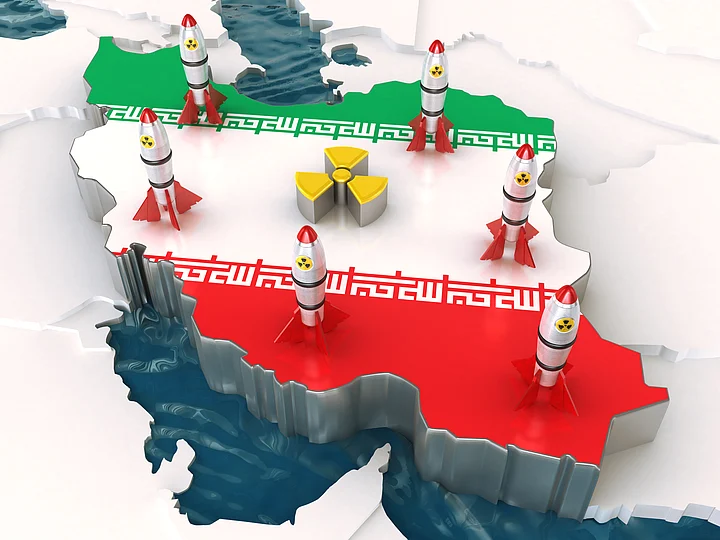Talks to revive the 2015 Iran Nuclear Deal, also known as the Joint Comprehensive Plan of Action (JCPOA) restarted on Monday, 29 November, in Vienna, with Iran, Britain, China, France, Germany, and Russia attending the negotiations, Reuters reported.
The European Union is chairing the talks, and claiming to be "extremely positive" about its prospects while also acknowledging that "difficult issues" haven't been addressed yet.
This is the first time the negotiations are being conducted with Iran having the ultraconservative President Ebrahim Raisi, who was elected a few months ago.
The United States, which was the primary architect of the JCPOA under President Barack Obama, isn't attending the talks, but is keeping a close eye on them.
Before the commencement of the talks, Iran had said that it was determined to "reach an agreement" and is "looking forward to fruitful talks", The Hindu reported.
Ali Bagheri, who is leading Iran's delegation has also said that "sanctions lifting [is] an absolute priority for the talks."
A working committee to discuss the removal of nuclear-related sanctions will meet on 30 November, according to Enrique Mora, the chairperson conducting the talks on behalf of the EU.
British foreign minister Liz Truss had earlier stated that United Kingdom definitely wanted a return to the original agreement but also cautioned that "all options are on the table", should Iran prove to be resistant about going back to the 2015 deal.
In 2018, the US under President Donald Trump withdrew from the deal, leading Iran to expand its nuclear stockpile and prohibiting regular inspections by the International Atomic Energy Agency as required by the JCPOA.
President Joe Biden and his European allies are now seeking to undo that damage, while resistance from Israel, Iran's arch-rival in West Asia, is expected.
A detailed explainer on the deal itself can be found here, while this explainer deals with the post-2018 developments.
(With inputs from Reuters and The Hindu.)
